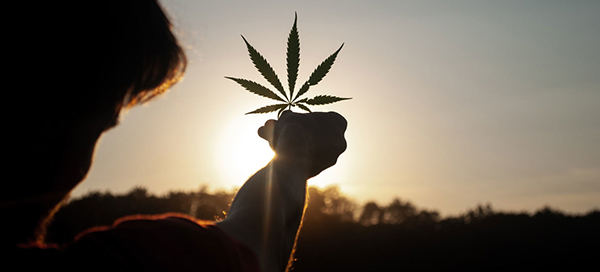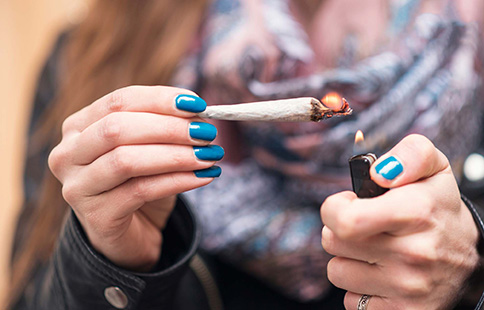Why Weed May Not Be Affecting You.

Why Weed May Not Be Affecting You.

Why marijuana can affect people in different ways, here are some reasons you may not feel high after smoking.
There are many types of cannabis experience, and it's no surprise as there are dozens of cannabis strains to try and many different consumption methods.
Some people like the stains which make them sleepy, while others prefer the strains that produce energetic and pleasant highs.
Some consumers don't get what all the fuss is about because they didn't experience that high euphoric effect we expect from cannabis.
Although cannabis can be used for many purposes, it should provide consumers with a soothing and pleasant experience. If you don't experience that benefit from cannabis, there must be an explanation behind it.
Here are five reasons why marijuana may not affect you.
You inhale wrong.

This may sound silly, but it's not easy to inhale smoke, especially if you have never smoked anything before.
To inhale smoke successfully and allow the marijuana to enter your blood, you must inhale deeply through your mouth until you feel your abdomen swell. This isn't as natural as it sounds, so for non-smokers, it can take a few times to get right.
Many people think that holding in the smoke will produce a stronger reaction, but this is incorrect.
The lightheadedness they are likely experiencing is produced from the lack of oxygen going to their brains. This is caused by holding their breath, not the cannabis taking a stronger effect.
After deeply inhaling, you should breathe out slowly, which can minimize the risk of a coughing fit.
It's your first time.
For first-time consumers of cannabis,
their experience can be strange.
Cannabis is an unusual drug, and as it affects people differently, they may not know what they feel or what they should be experiencing. That difference between expectation and reality could be why they don't feel as high as they think they should.
Like most things, consuming marijuana requires some practice. Your body needs to learn how to become high and realize this feeling for what it is.
Some experts also mentioned the "sensitization period" of cannabis, during which you won't experience the real feeling of the cannabis high as your body will be developing more cannabinoid receptors enabling it to receive more THC.
You are using consumption methods that don't work for you

Every time you try a new marijuana method, it can be like you are starting from scratch and going through another sensitization period. Edible highs are very different from inhaled highs, so until you've been exposed to these many times, you may find it hard to identify the feeling of each and recognize them.
Genetics
Your genes may also play a role in the way you experience marijuana. Data show that people with AKT1 gene mutation are more likely to be paranoid and anxious when smoking marijuana.
Some people naturally have more endocannabinoids and receptors in their bodies than others and have experienced a different high due to this.
This means that you can't predict how marijuana will act on your body. Everyone is different, and the only way to learn what works for you is to try different things.
Tolerance level
The tolerance level of cannabis is significant. Many factors will affect your tolerance, including your age, genetics, overall health, metabolic rate, and frequency of consumption.
Tolerance plays a role in your body's response to marijuana. Some people need only one puff to start feeling the effects, while others can smoke a whole joint and hardly feel it.
Try different methods and dosages, and strengths of marijuana, and talk to your local budtender to help find out what will likely work best for you.





